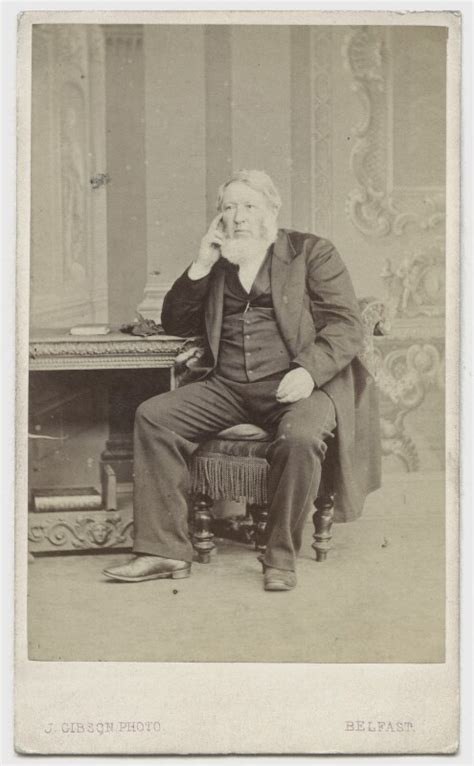A Quote by Origen
We speak, indeed, of the wrath of God. We do not, however, assert that it indicates any passion on His part, but that it is something which is assumed in order to discipline by stern means those sinners who have committed many and grievous sins.
Related Quotes
Wrath, unlike love, is not one of the intrinsic perfections of God. Rather, it is a function of God's holiness against sin. Where there is no sin, there is no wrath-but there will always be love in God. Where God in His holiness confronts His image-bearers in their rebellion, there must be wrath, or God is not the jealous God He claims to be, and His holiness is impugned. The price of diluting God's wrath is diminishing God's holiness.
Do not be irritated either with those who sin or those who offend; do not have a passion for noticing every sin in your neighbour, and for judging him, as we are in the habit of doing. Everyone shall give an answer to God for himself. Everyone has a conscience; everyone hears God's Word, and knows God's Will either from books or from conversation with other people. Especially do not look with evil intention upon the sins of your elders, which do not regard you; "to his own master he standeth or falleth." Correct your own sins, amend your own life.
God felt, God tasted and enjoyed is indeed God, but God with those gifts which flatter the soul, God in darkness, in privation, in forsakenness, in sensibility, is so much God, that he is so to speak God bare and alone. Shall we fear this death, which is to produce in us the true divine life of grace?
If, in the case of the worst sinners and those who formerly sinned much against God, when afterwards they believe, the remission of their sins is granted and no one is held back from baptism and grace, how much more, then, should an infant not be held back, who, having but recently been born, has done no sin, except that, born of the flesh according to Adam, he has contracted the contagion of that old death from his first being born. For this very reason does he [an infant] approach more easily to receive the remission of sins: because the sins forgiven him are not his own but those of another
I seem indeed to hear that voice, from Him Who gathers together those who are broken, and welcomes the oppressed: I have given you up, and I will help you. In a little wrath I struck you, but with everlasting mercy I will glorify you (cf. Isa. 54:8). The measure of His kindness exceeds the measure of His discipline.
God does not save those who are only imaginary sinners. Be a sinner, and let your sins be strong (sin boldly), but let your trust in Christ be stronger, and rejoice in Christ who is the victor over sin, death, and the world. We will commit sins while we are here, for this life is not a place where justice resides. We, however, ... are looking forward to a new heaven and a new earth where justice will reign.




































